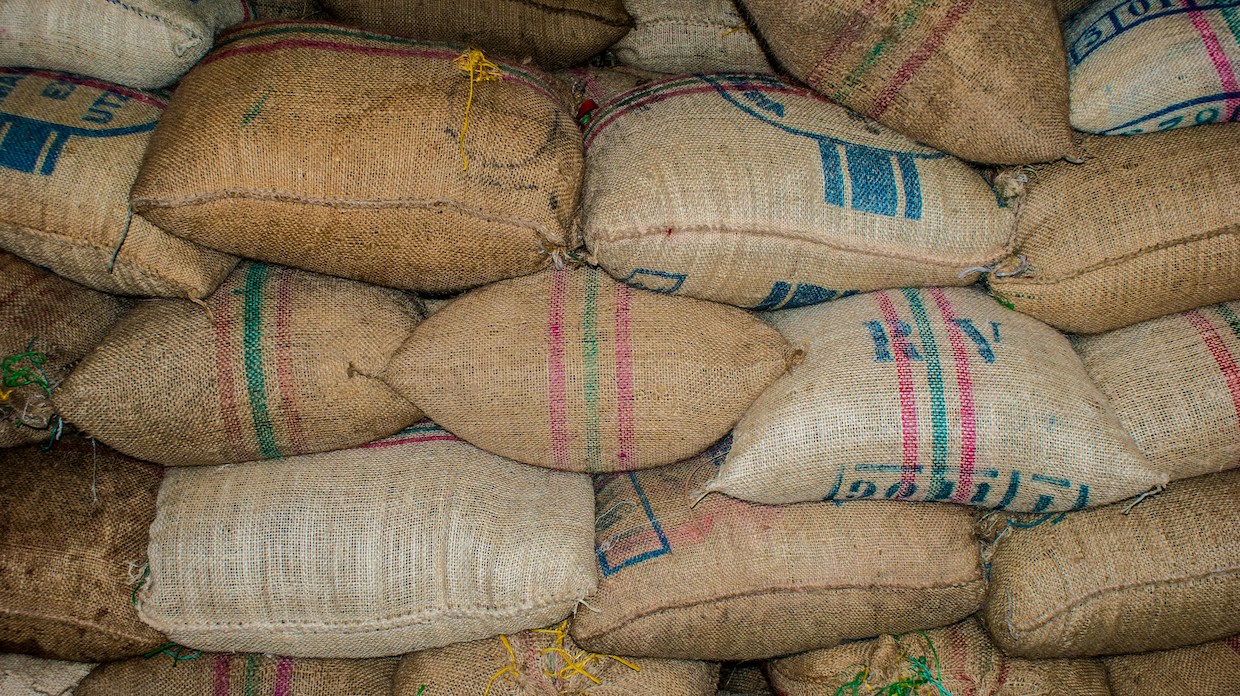United States Commerce Secretary Howard Lutnick yesterday said that agricultural goods that can’t be grown in the U.S. — including coffee and cocoa — may be exempt from tariffs under current or future trade deals.
Lutnick made the comment during an interview on the CNBC show Squawk Box, in which he primarily discussed the U.S. trade deal framework with the EU, which calls for a 15% tariff on most imported goods.
The interview came as the Aug. 1 deadline set by President Donald Trump looms for many countries, including coffee giant Brazil, which is facing a 50% tariff rate.
Throughout the interview, Lutnick continued to insist that tariffs would somehow be paid by foreign countries, despite the fact that tariffs are paid by U.S. companies, such as coffee importers, which often must pass down costs to other U.S. buyers, such as roasters.
Yet it was the first public indication from a top Trump administration official that coffee and other key imported agricultural goods from the tropics may ultimately find tariff exemptions.
“If you grow something and we don’t grow it, that can come in for zero,” Lutnick told the Squawk Box hosts. “So if we do a deal with a country that grows mangoes or pineapples then they can come in without a tariff… coffee and cocoa would be other examples of natural resources.”
While discussing a variety of trade deals affecting different countries and industries, Lutnick added, “There’s plenty of horse trading still to do.”
Just last week, the chairs of the recently inaugurated United States Congressional Coffee Caucus issued a letter with bipartisan support to the head of the U.S. trade agency, Jamieson Greer, urging coffee to be exempted from current and future tariffs.
“Unlike many other goods affected by recent tariffs, coffee is not produced at a scale within the United States that can meet domestic demand,” the letter to Greer stated. “Though small quantities of predominantly specialty coffee are grown in Hawaii and Puerto Rico, their combined production accounts for less than 1% of U.S. coffee consumption.”
Comments? Questions? News to share? Contact DCN’s editors here. For all the latest coffee industry news, subscribe to the DCN newsletter.
Related Posts
Nick Brown
Nick Brown is the editor of Daily Coffee News by Roast Magazine.








Comment